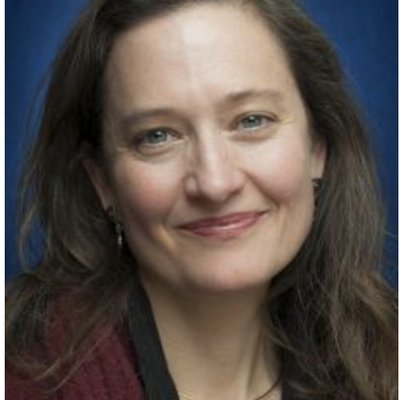About
Professor Hardin’s areas of interest and scientific study include human/wildlife interactions, and social and environmental change related to wildlife management, tourism, logging, and mining in equatorial Africa, especially the western Congo basin. Recent projects also focus on the increasingly intertwined practices of health, environmental management, and corporate governance in southern and eastern Africa, including sites in South Africa and Kenya.
In 2013-14 she advised a student team studying environmental justice cases within the U.S., and connecting them to the international Environmental Justice Atlas. In 2014–15 she advised a student team assessing groundwater and surface water resources across the African continent, and advising GETF about how to make a better business case for water related investment by businesses in Africa. She teaches and mentors students interested in international environmental practice and policy, wildife management, human relationships to landscape, environmental justice, and global health.
She also provides support for the students who are the genius behind SEAS's weekly environmental talk and music show, It’s Hot in Here, airing at noon on Fridays on WCBN FM 88.3, and with an accompanying blog and mp3 archive. The show helps researchers discuss their work with local audiences interested in environmental policy affecting Michigan, and also reach out to national and transnational audiences streaming the show via the Internet.
Her recent book Transforming Ethnographic Knowledge explores the discipline of anthropology as a set of skills and tools for social change in sectors as different as business, biological conservation, conflict resolution, and biomedical care. Rebecca teaches courses in both SEAS and the Department of Anthropology, she also founded and coordinates SEAS's Environmental Justice Certificate Program for students beyond those two units working in or studying communities who are either negatively impacted by environmental harms, or experiencing inequality of access to environmental goods and ecosystem services. Rebecca currently coordinates the Environmental Justice field of study and coordinates the Michigan Sustainability Cases initiative.
